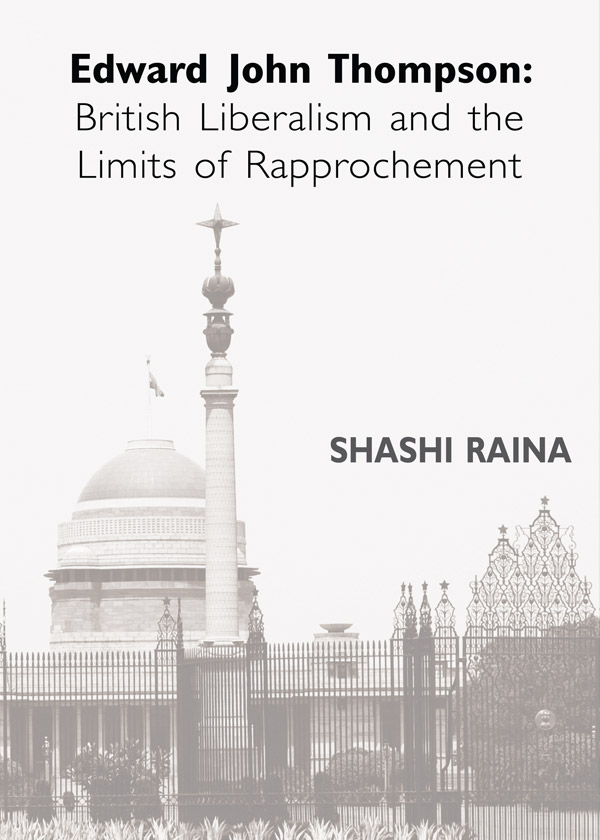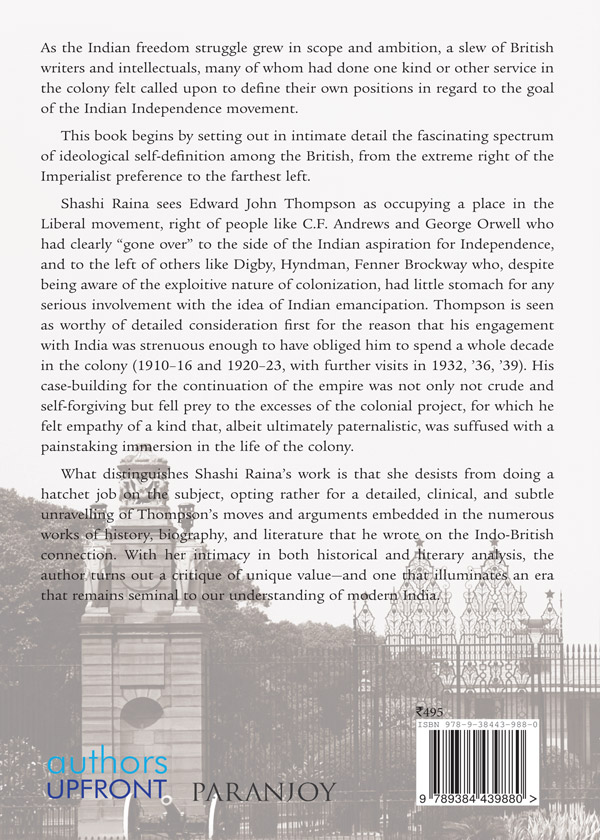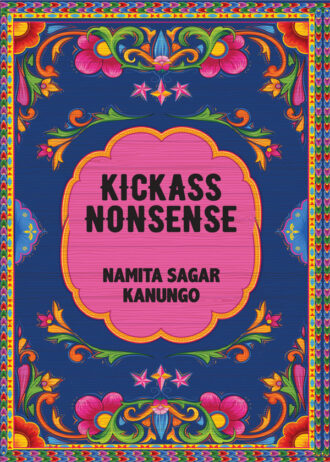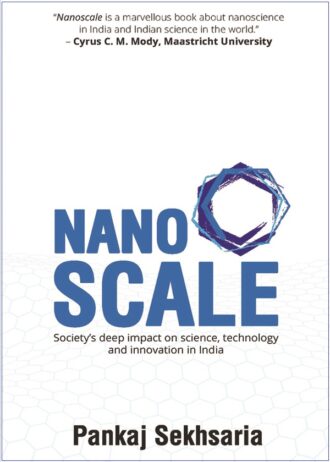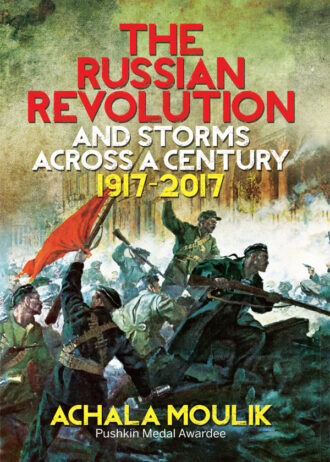As the Indian freedom struggle grew in scope and ambition, a slew of British writers and intellectuals, many of whom had done one kind or other service in the colony felt called upon to define their own positions in regard to the goal of the Indian Independence movement.
Edward John Thompson occupies a place in the Liberal movement, right of people like C.F. Andrews and George Orwell who had clearly “gone over” to the side of the Indian aspiration for Independence, and to the left of others like Digby, Hyndman, Fenner Brockway who, despite being aware of the exploitive nature of colonization, had little stomach for any serious involvement with the idea of Indian emancipation.
Thompson is seen as worthy of detailed consideration first for the reason that his engagement with India was strenuous enough to have obliged him to spend a whole decade in the colony (1910–16 and 1920–23, with further visits in 1932, ’36, ’39). His case-building for the continuation of the empire was not only not crude and self-forgiving but fell prey to the excesses of the colonial project, for which he felt empathy of a kind that, albeit ultimately paternalistic, was suffused with a painstaking immersion in the life of the colony.

